Our Party and State always consider the work of protecting, caring for and improving people's health as the top factor of social security work, directly protecting the race, ensuring human resources for the cause of building and defending the Fatherland.
Recognizing the role of health protection is also an inseparable part of protecting human rights, especially in the context of the new situation in the world, new dangerous diseases emerging and developing unpredictably, ensuring people's access to vaccines and pharmaceuticals puts Vietnam in front of new difficulties and challenges that require appropriate and timely solutions.
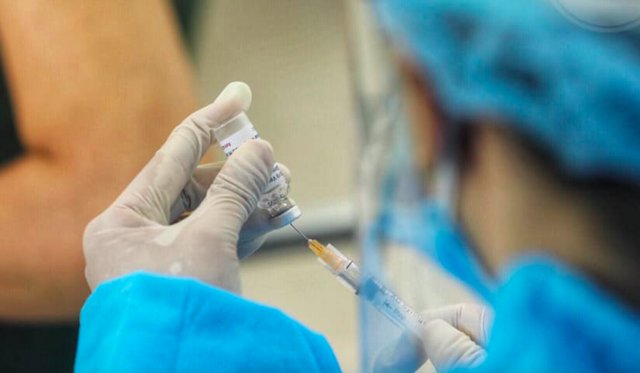 |
| As an important subject for disease prevention, improving and caring for human health, vaccines have long been of interest to mankind. (Source: VGP) |
International law on access to pharmaceutical vaccines
The right to health as a human right was first recognized in the 1946 WHO Constitution, which states: “The enjoyment of the highest attainable standard of health is one of the fundamental human rights without distinction of any kind, such as race, religion, political belief, economic or social condition” (Article 1).
Next, the 1948 Universal Declaration of Human Rights also mentioned the right to health: “Everyone has the right to a standard of living adequate for the health and well-being of himself and of his family, including food, clothing, housing and medical care and necessary social services, and the right to security in the event of unemployment, sickness, disability, widowhood, old age or other lack of livelihood in circumstances beyond his control” (Article 25).
The right to health is understood in the most general way as the right to enjoy the facilities, goods, services and conditions necessary to achieve the highest attainable standard of health. Access to medicines, including vaccines, is also a right to achieve the highest attainable standard of health as stipulated in Article 12 of the International Covenant on Economic, Social and Cultural Rights (ICSCR), “Everyone has the right to the enjoyment of the highest attainable standard of physical and mental health. States Parties to the present Covenant shall take measures to achieve the full realization of this right”.
Measures to implement the Convention include measures to prevent, treat and control epidemics, skin diseases, occupational diseases and other diseases; create conditions to ensure all medical services and care in case of illness. In other words, the right to access to pharmaceuticals is also a content of the right to health from the perspective of human rights.
As an important subject for disease prevention, improvement and care of human health, vaccines have long been of interest to mankind. Throughout the 20th century, other vaccines to help fight against infectious diseases that are often fatal such as: whooping cough, diphtheria, tetanus, polio, measles, rubella and some other infectious diseases have been developed. Vaccines help people actively deal with diseases, thereby reducing the great burden on the public health of each country as well as the whole world. The benefits of vaccines and the vaccination system have been proven by many medical studies.
According to the World Health Organization (WHO), “a vaccine is a way for the human body to fight diseases before it is exposed to them. It trains your immune system to produce antibodies, just as it would if it were exposed to a disease. However, because vaccines only contain killed or weakened forms of germs such as viruses or bacteria, they do not cause disease or put you at risk of complications from disease.”
Thus, it can be seen that vaccine is one of the pharmaceutical products, a form of medicine containing antigens that create the body's immune response and is used for the purpose of disease prevention and treatment.
From a medical perspective, vaccination is a simple, safe and effective way to protect the human body against harmful diseases before it is directly exposed to them. It uses the body's natural defense system to build resistance to specific infections and makes the body's immune system stronger.
Due to the important role of vaccines in human health, in the law of most countries, vaccines are recognized as an object used effectively and actively in disease prevention, providing pharmaceuticals in the health care system for people in general and Vietnam also has documents in the medical and pharmaceutical field regulating this object.
Vietnam ensures access to pharmaceutical vaccines
Continuing the spirit of the Law on Protection of People's Health promulgated by the 8th National Assembly, on October 25, 2017, the Party Central Committee (12th tenure) issued Resolution No. 20-NQ/TW "on strengthening the work of protecting, caring for and improving people's health in the new situation" (Resolution No. 20-NQ/TW). Resolution No. 20-NQ/TW stated specific viewpoints, tasks and solutions to strengthen the work of protecting, caring for and improving people's health in the new situation.
Implementing the policies of the Party and the State, documents related to the implementation of ensuring medical examination and treatment, ensuring access to medicine such as the Law on Medical Examination and Treatment, the Law on Pharmacy No. 105/2016/QH13... are continuously issued and amended to create a solid legal basis to strengthen the work of protecting, caring for and improving people's health in the new situation.
With respect to the right to access to medicines, the obligations of States as part of the obligations to ensure the right to health under General Comment No. 14 of the ICSCR Committee include the obligation to protect, which requires States to enact laws or take other measures to ensure equal access to health care and health-related services provided by third parties; the obligation to fulfil, which requires States to fully recognise the right to health in their national legal and political systems, preferably through legislative implementation, and to adopt a national health policy with a detailed plan for the implementation of the right to health.
States must ensure the provision of health care, including immunization programmes against essential infectious diseases, and ensure equal access to the basic determinants of health for all…
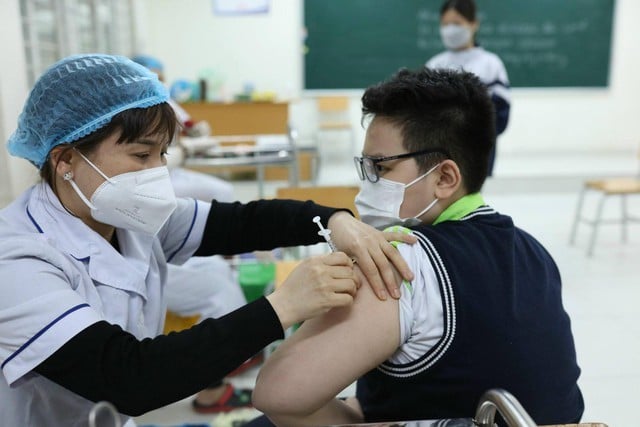 |
| Vaccination is a simple, safe and effective way to protect the human body against harmful diseases before direct exposure to them. (Source: VGP) |
From an overview of international law, to effectively ensure human rights in accessing pharmaceutical vaccines to protect health, Vietnam should consider solutions such as:
Firstly, it is necessary to continue to proactively negotiate and sign international treaties in the direction of "vaccines for community purposes".
As a developing country with unique socio-economic conditions, Vietnam has always maintained a consistent stance in creating equal conditions for all people to access vaccines. The vaccine source we have is the result of the great efforts of the Party, State, Government, as well as many other organizations and individuals in society.
Regardless of the type of vaccine or where it is produced, when imported to Vietnam, it is thoroughly assessed and guaranteed to meet international quality standards to promptly serve the nationwide vaccination goal and protect public health.
The implementation of vaccination to each individual depends on the batch of vaccine imported at the time of vaccination, distributed according to high-risk groups and localities and areas with decreasing risk, without discrimination based on status or social class.
With a consistent spiritual viewpoint, Vietnam always agrees with other countries on creating exceptions and flexibility in providing intellectual property rights for pharmaceutical inventions. We need to be more proactive in signing and joining international treaties on intellectual property rights protection for pharmaceutical inventions in the direction of limiting the monopoly of the owner to the maximum and aiming at the common goals of the community.
Second, it is necessary to prepare facilities, techniques, and human resources to implement patent transfer contracts, patent license contracts with vaccine subjects, and vaccine production in Vietnam.
International treaties on intellectual property protection such as the Agreement on Trade-Related Aspects of Intellectual Property Rights (TRIPS Agreement) and new-generation free trade agreements have created a solid legal basis for the construction and implementation of patent licensing contracts, whether voluntary or mandatory.
Vietnamese law, based on the implementation of international commitments, has also provided specific regulations on this issue. However, the problem here is how to ensure production resources. We often buy vaccines from outside or, if the research is successful, we will transfer technology and cooperate in production from other countries and then bring them back to Vietnam for use.
Therefore, for the development of vaccine research and production, the state needs to have priority policies for investment in vaccine production resources of domestic enterprises to be able to meet the requirements; at the same time, it is necessary to make efforts to prepare technical facilities as well as human resources to be able to receive and implement technology transfer contracts, transfer of vaccine patent rights from developed countries that have successfully researched and manufactured vaccines.
Implementing the direction of the Party and Government, along with efforts to search, approach, negotiate and exchange with manufacturers, partners in developing, producing and supplying vaccines in the world, the Ministry of Health has directed domestic vaccine research, development and production units to proactively, actively and urgently deploy research, development and clinical trials of "made in Vietnam" vaccines[1].
Third, take advantage of valuable and effective traditional knowledge sources, apply traditional medical knowledge in disease prevention and treatment.
Unlike modern medicine, which is based on scientific evidence, traditional medicine is an experimental medicine developed based on clinical observations accumulated over centuries. As a country with an extremely abundant and rich source of traditional medicine, Vietnam can take advantage of this to create valuable and highly effective products in disease prevention and treatment without having to rely too much on imported vaccines or worry too much about the ability to create new vaccines that can prevent diseases.
Using resources from traditional medicine also has a great advantage of saving financial resources because their prices are often much lower than those of modern drugs or newly researched and manufactured vaccines.
(*) Faculty of International Law - Hanoi Law University
REFERENCES
- Bruce Lehman, The Pharmaceutical Industry and the Patent System, 2013, International Intellectual Property Institute US.
- Herbert F. Schawrtz (2003), Adjunct Professor, Patent Law and Practice, University of Pennsylvania Law School.
- Hanoi Law University, Intellectual Property Law Textbook, People's Police Publishing House, 2020.
- WHO, Public Health, Innovation and LPRs, Report of the Commission on Intellectual Property rights, innovation and public health, 2016.
[1] Ministry of Health's information portal on the Covid 19 pandemic, https://covid19.gov.vn/viet-nam-thuc-day-san-xuat-vaccine-covid-19-trong-nuoc-nghien-cuu-chuyen-giao-cong-nghe-tu-nuoc-ngoai-1717363764.htm, accessed October 22, 2021.
Source



![[Photo] General Secretary To Lam receives US Ambassador to Vietnam Marc E. Knapper](https://vstatic.vietnam.vn/vietnam/resource/IMAGE/2025/3/31/5ee45ded5fd548a685618a0b67c42970)
![[Photo] Prime Minister Pham Minh Chinh receives delegation of leaders of US universities](https://vstatic.vietnam.vn/vietnam/resource/IMAGE/2025/3/31/8be7f6be90624512b385fd1690124eaa)

![[Photo] 2nd Conference of the Party Executive Committee of Central Party Agencies](https://vstatic.vietnam.vn/vietnam/resource/IMAGE/2025/3/31/8f85b88962b34701ac511682b09b1e0d)
![[Photo] Speeding up construction of Ring Road 3 and Bien Hoa-Vung Tau Expressway](https://vstatic.vietnam.vn/vietnam/resource/IMAGE/2025/3/31/f1431fbe7d604caba041f84a718ccef7)
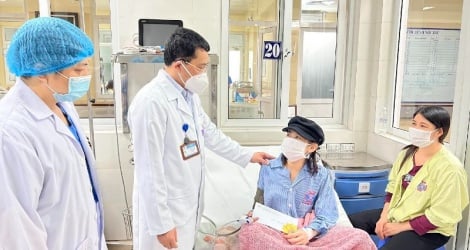

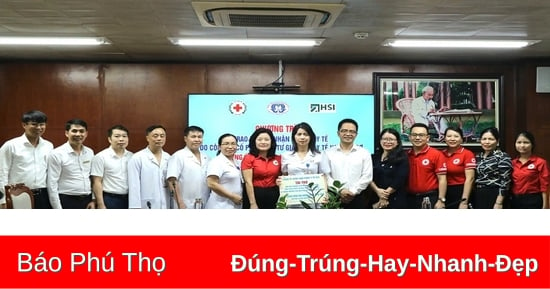



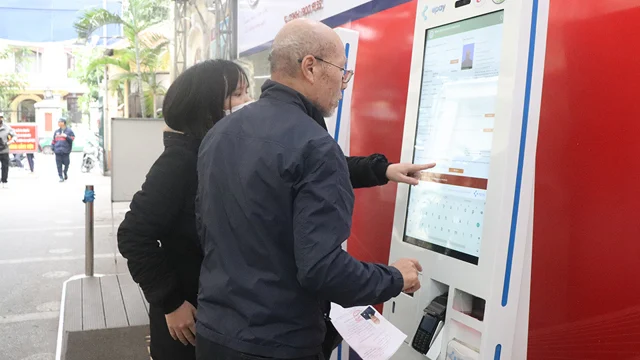

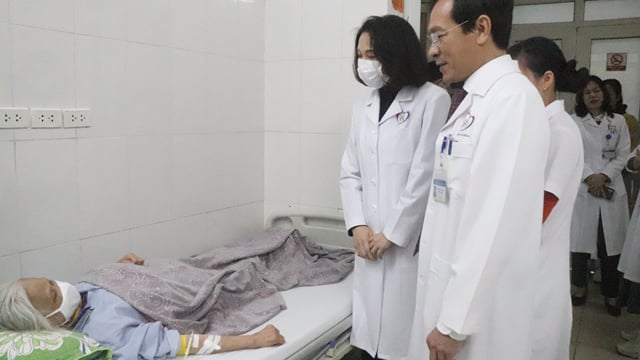
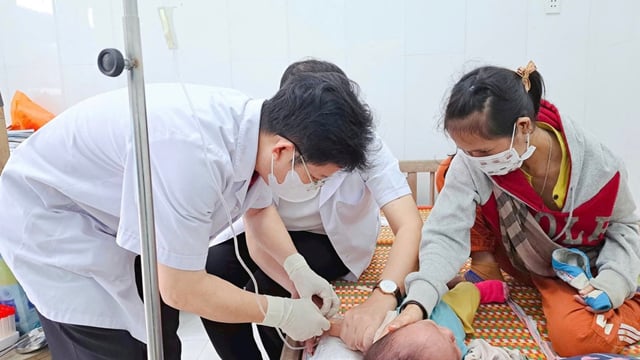


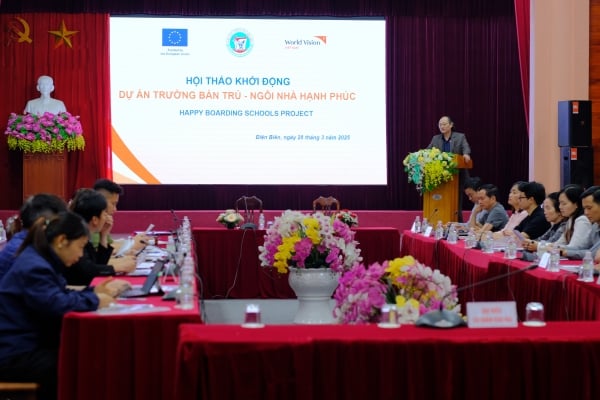
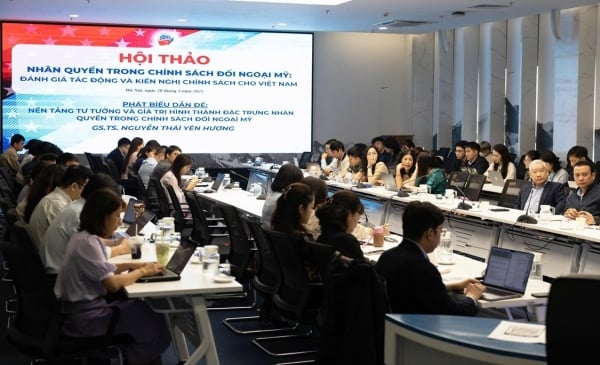




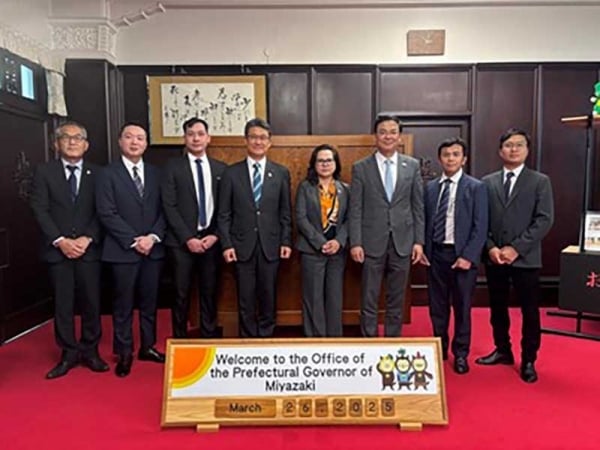
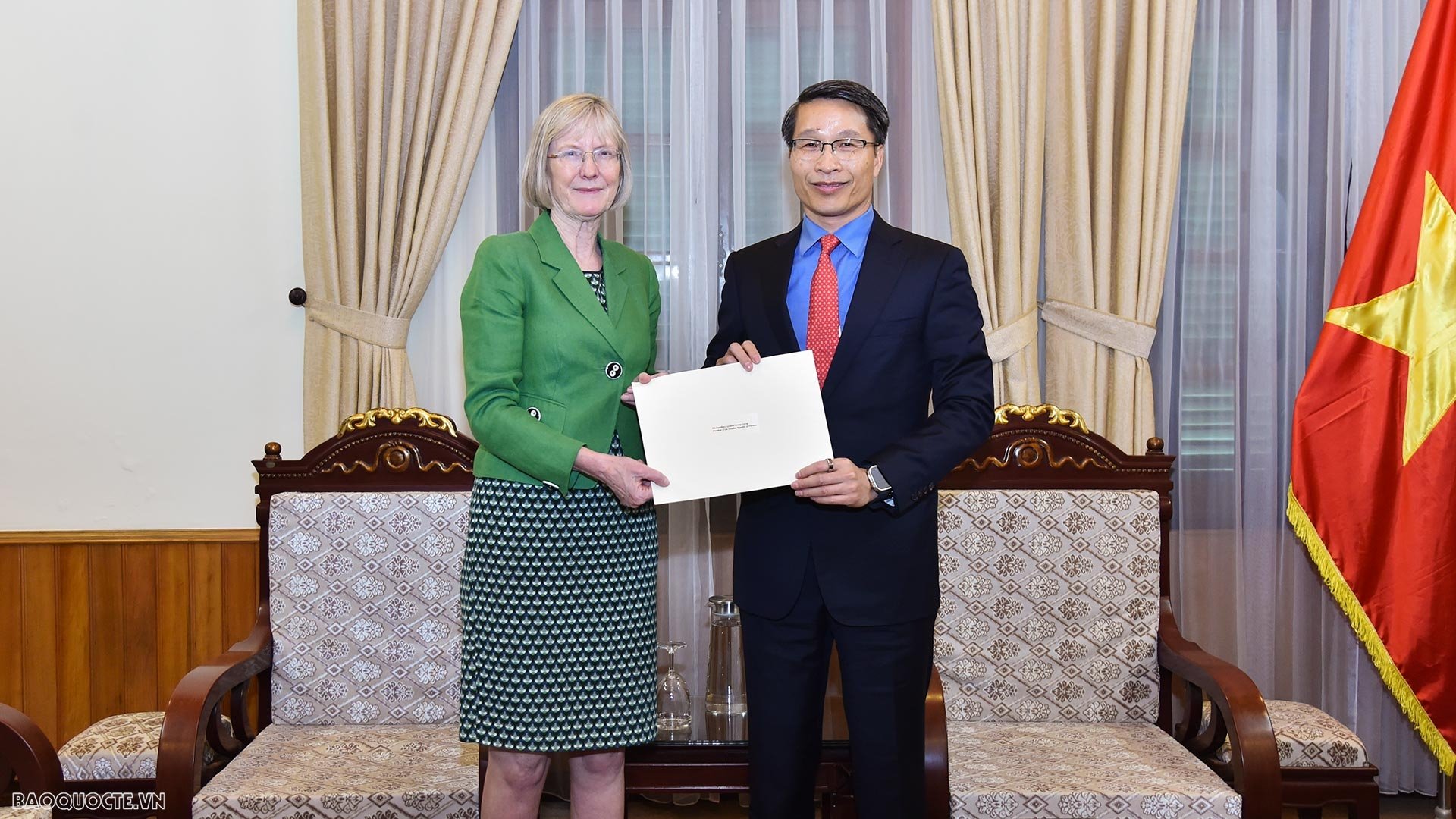
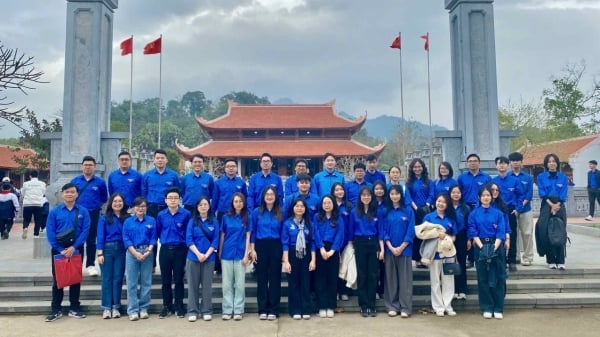
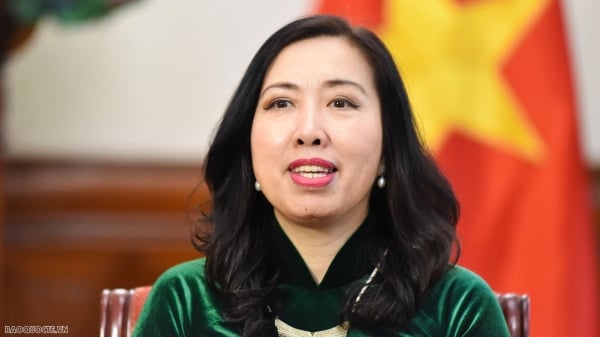
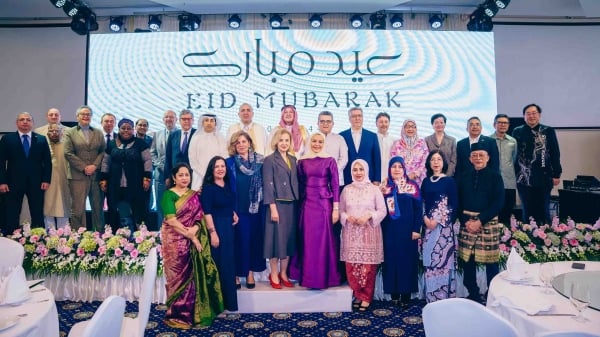
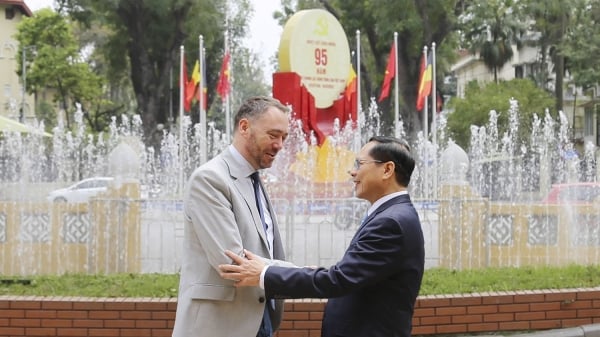

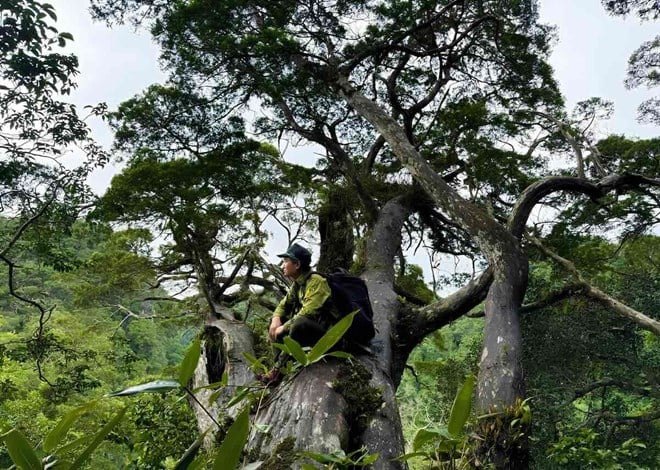









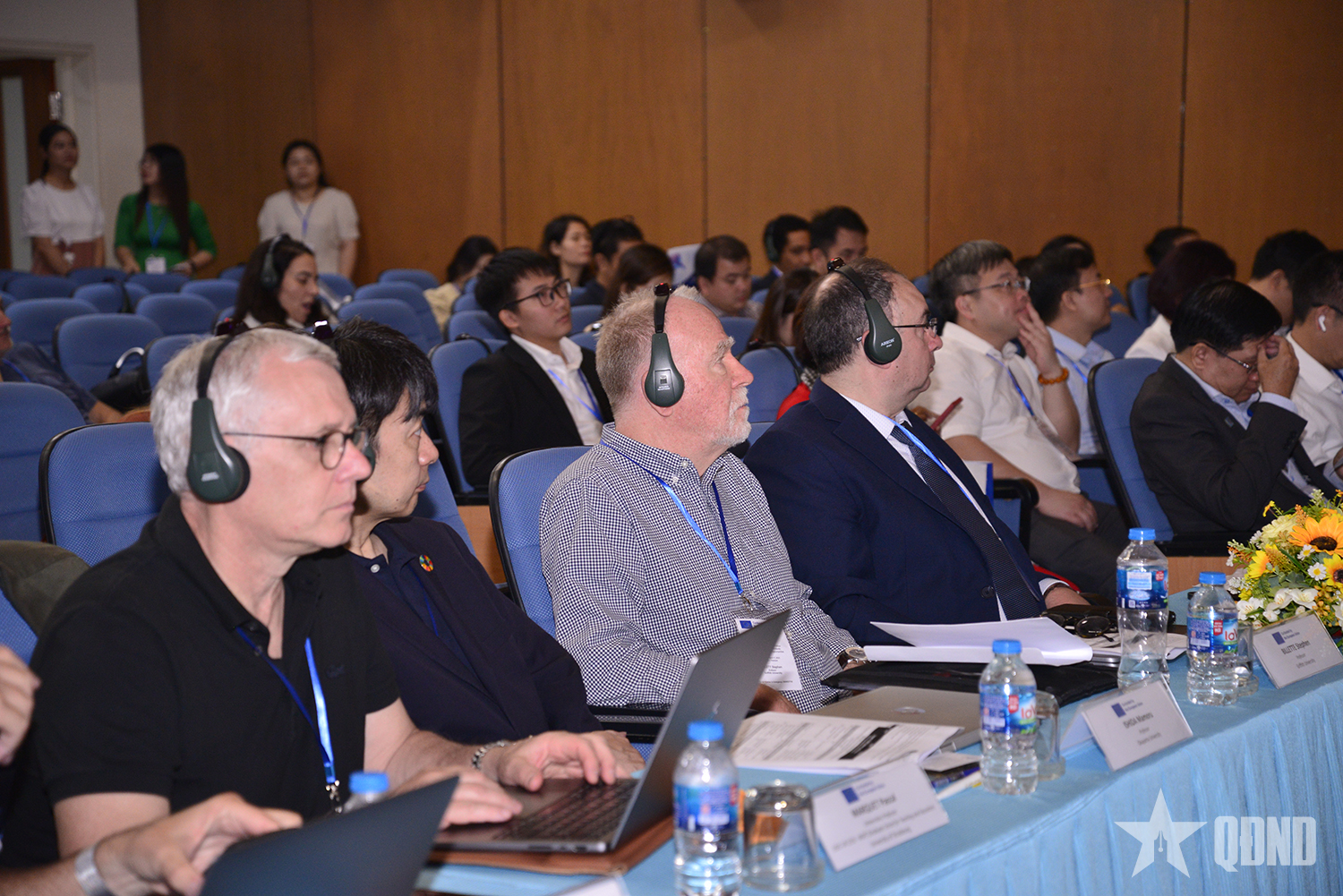




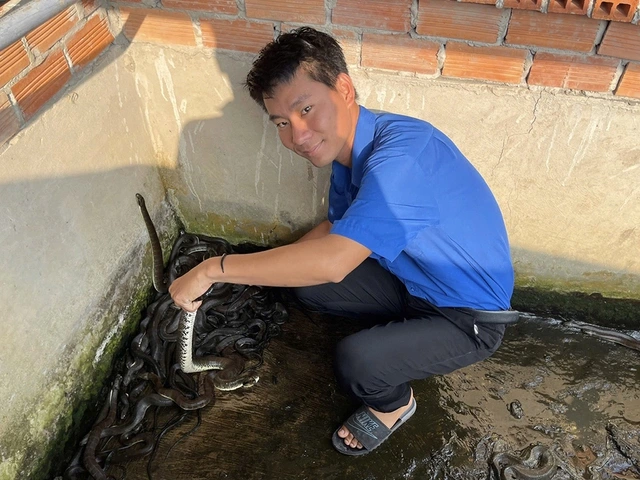


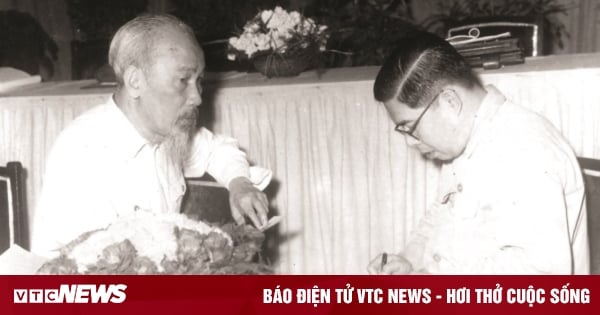










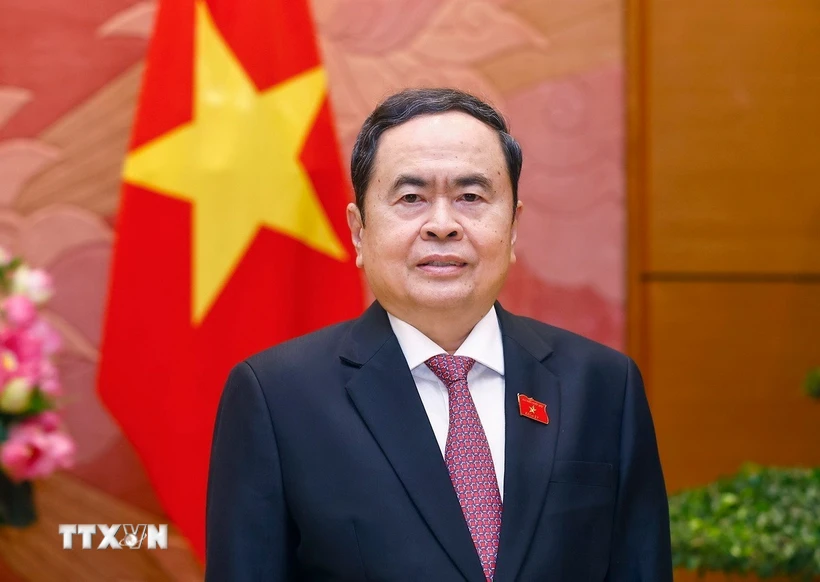
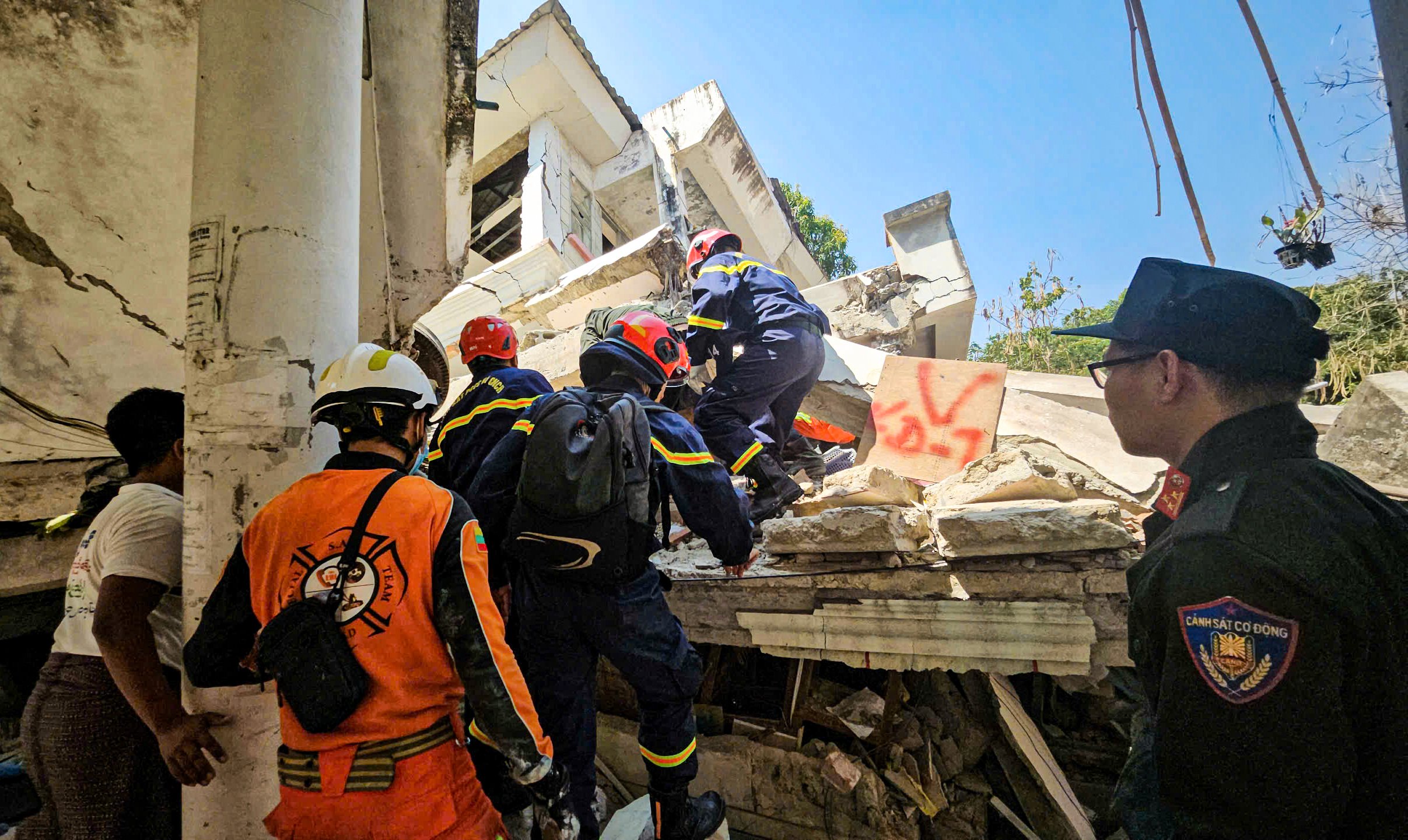
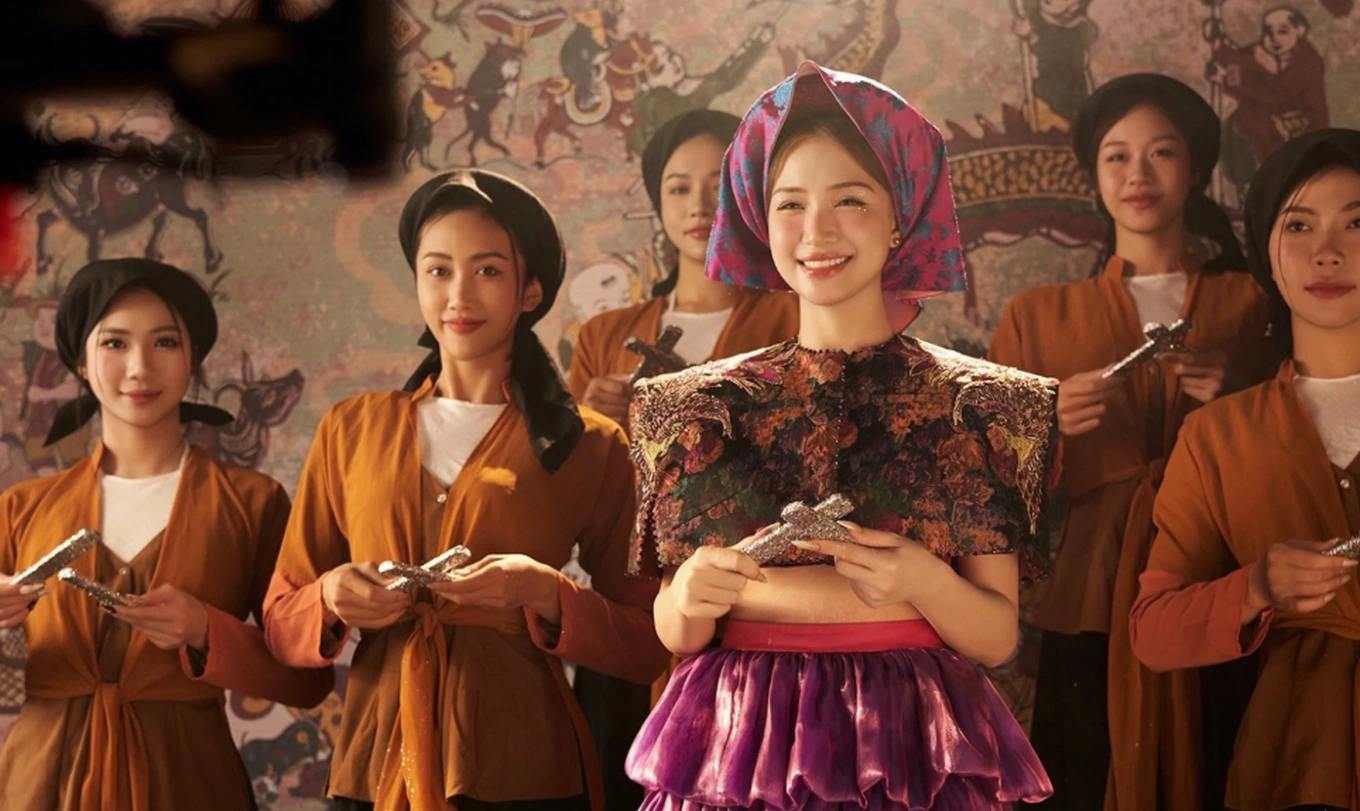
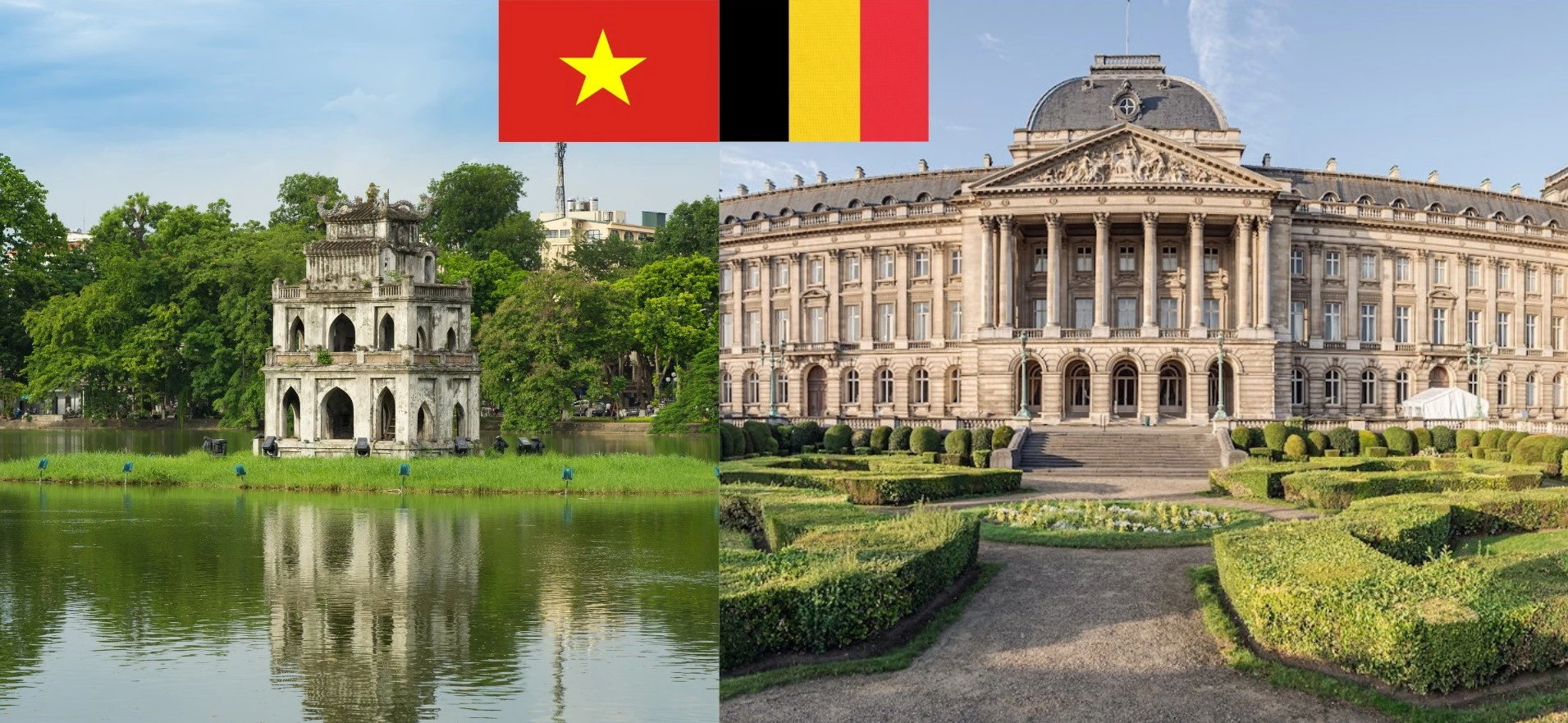
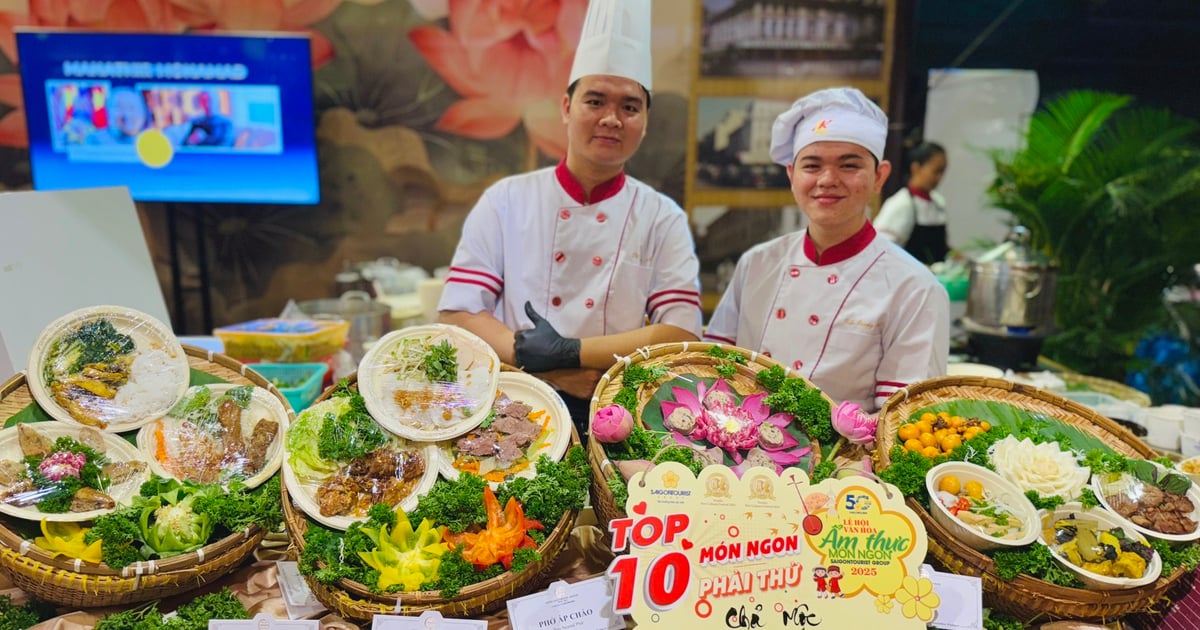

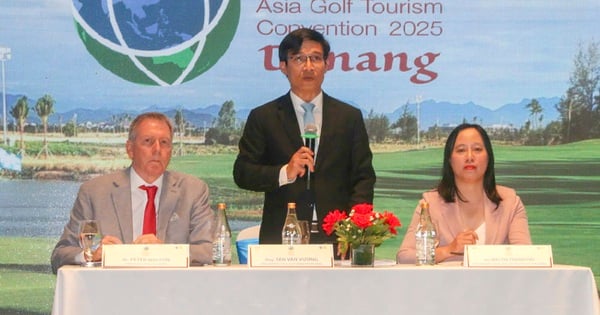

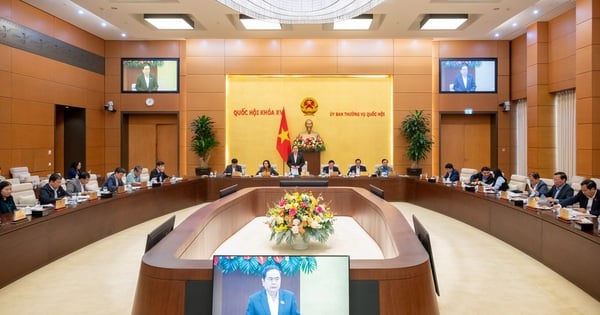
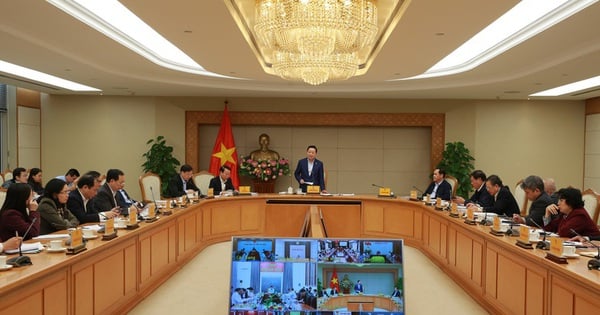
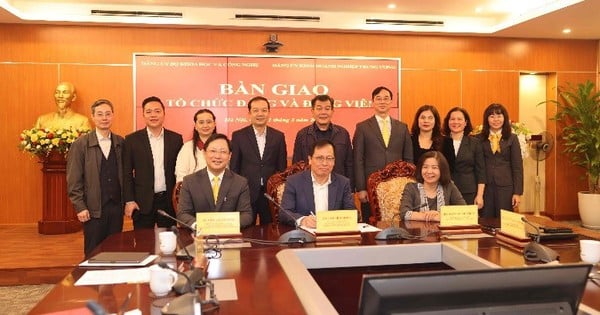





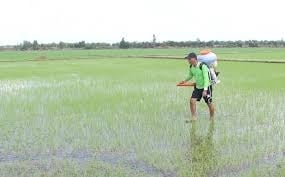

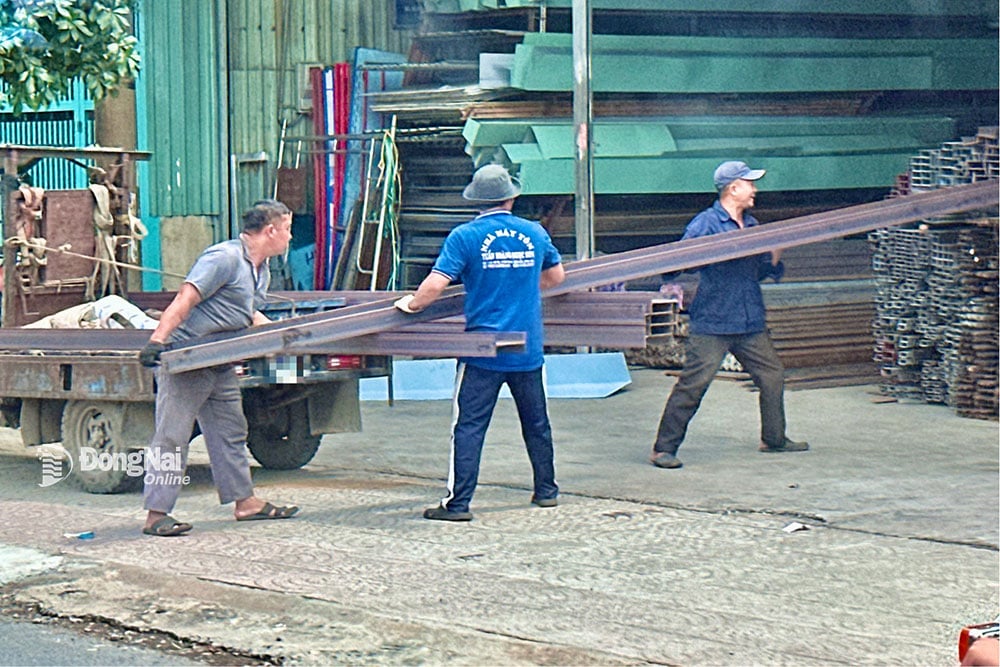
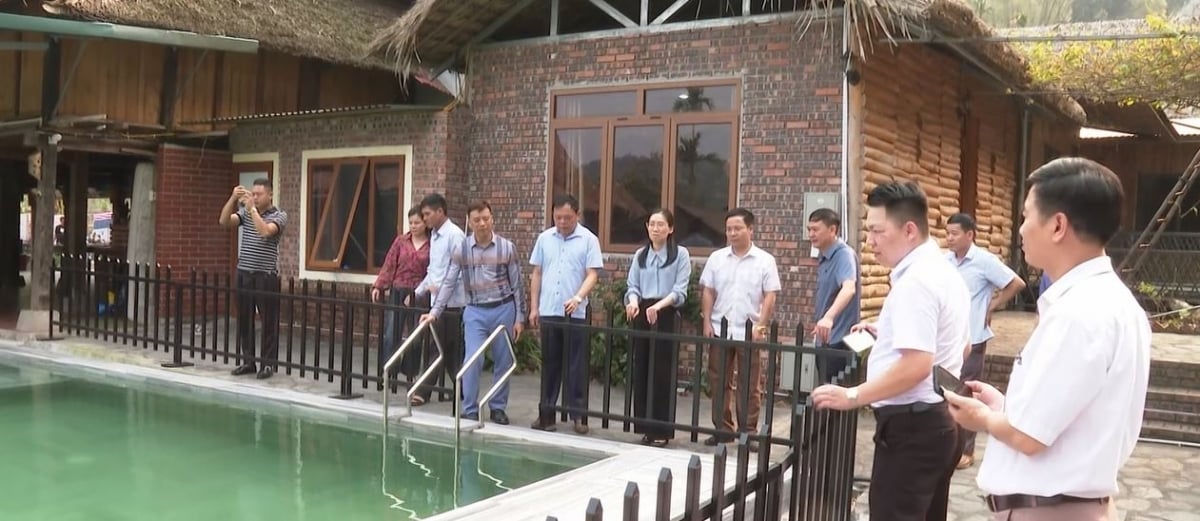


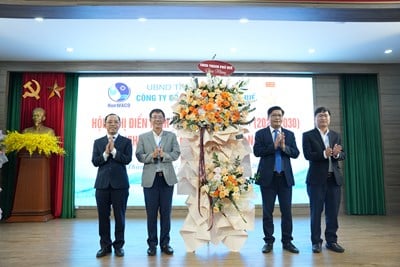









![[REVIEW OCOP] An Lanh Huong Vet Yen Cat](https://vstatic.vietnam.vn/vietnam/resource/IMAGE/2025/3/27/c25032328e9a47be9991d5be7c0cad8c)

Comment (0)